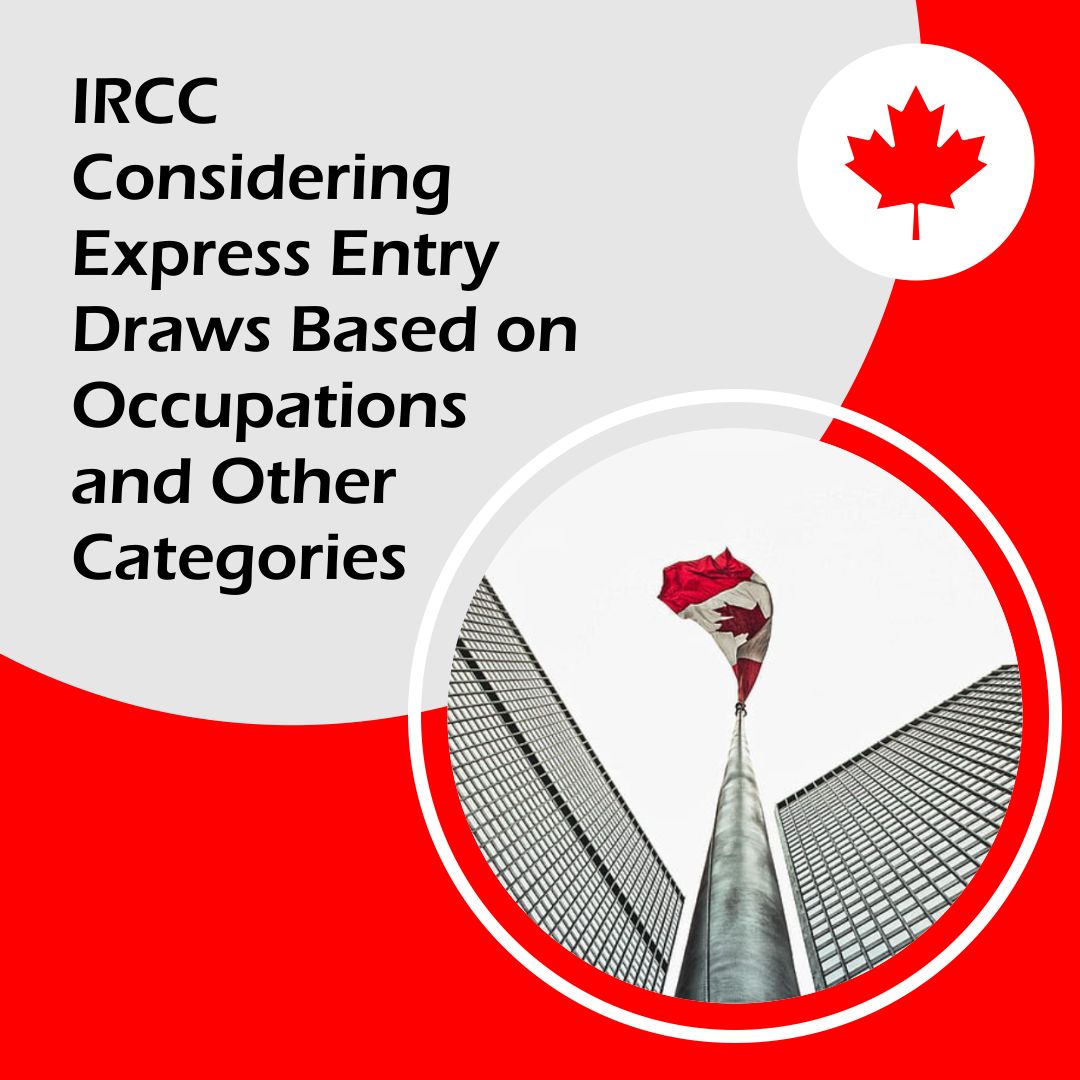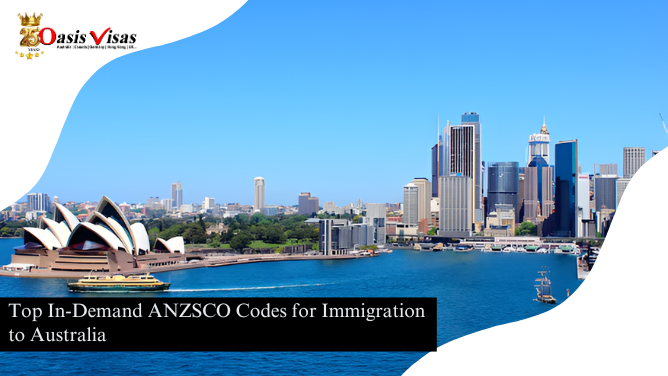
Consultations were held by Immigration, Refugees and Citizenship Canada (IRCC) with the stakeholders and public to adapt the Express Entry application management to better target Canada’s labour shortages and economic needs. Key attributes such as work experience, educational credentials, or knowledge of an official language are targeted by Express Entry categories created by the department, rather than solely on a high score within the Comprehensive Ranking System (CRS).
Inviting Express Entry candidates based on occupational background, sectors of the economy with labour shortages, whether candidates have resided in Canada as temporary foreign workers and international students, and the French language proficiency of candidates is considered by IRCC. Express Entry is a system under which skilled workers may apply for PR through three immigration pathways, FSWP (Federal Skilled Workers Program), FSTP (Federal Skilled Trades Program), and CEC (Canadian Experience Class).
CRS score is given to the eligible candidates who apply for permanent residency through these programs. Candidates with the highest scores are most likely to receive an ITA (Invitation To Apply). It sets Canada’s yearly immigration target over 3 years. Since the consultation process only recently ended on January 8, 2023, the results of consultations have not yet been published. According to IRCC, targeted draws are likely to begin starting in spring this year. Categories will be announced before invitations are issued once they are decided on by the minister.
Possible Categories
Selecting candidates based on work experience in a particular sector
IRCC is considering creating a category that includes sectors that are experiencing chronic labour shortages or work experience in a particular occupation. IRCC asked respondents to outline the areas of labour market experiencing long-term shortages and provide suggestions on how immigration can complement Canada’s workforce as part of the consultation process.
Among the candidates who were invited to apply for PR through Express Entry between 2019 and 2021, the most common primary occupations were:
- Administrative assistants
- Food service supervisors
- Retail sales supervisors
- Financial auditors and accountants
- Cooks
- Software Engineers and Designers
- User support technicians
- Administrative officers
- Information systems analysts and consultants
- Administrative officers
- Restaurant and food service managers
- Computer programmers
Transitioning temporary foreign workers to permanent residence
IRCC is considering creating a category that would enable more temporary foreign workers to become permanent residents via Express Entry. Stakeholders raised the concern in the consultation that current PR pathways are not keeping up with the supply of temporary foreign workers capable of addressing Canada’s labour force needs in the long run. Economic growth is promoted by the Temporary foreign workers program as urgent job vacancies are filled by providing access to global talent. Immigrants with previous temporary Canadian work experience were found to integrate better into labour market and are better equipped to transfer their skills when needed. Approximately 168,600 people transitioned from temporary work status to permanent residence, representing 64% of admissions in the economic immigration category in 2021.
Transitioning international graduates to permanent residence
A potential category for selection in Express Entry focused on international student graduates could respond more directly to critical shortages as stated by IRCC. For example, a new Express Entry category could include graduates with a diploma or degree in highly demanded fields from a DLI (Designated Learning Institution). International graduates are well suited for permanent economic immigration since they are proficient in at least one language and have work experience as well as Canadian educational qualifications as noted by IRCC. In 2021, over 88,000 international graduates transitioned to permanent residence through Express Entry, an increment of 17% since 2017.
Selecting Francophone and bilingual candidates
Based on the candidate’s ability to speak French, IRCC is considering inviting candidates. Invitations under any such program can be received by French-speaking and bilingual candidates alike. Canada launched the Francophone Immigration strategy in 2019 which set a target of 4.4% of new immigrants outside of Quebec to be French-speaking by the end of 2023. 30,000 out of 110,000 economic-class francophone immigrants who settled in Canada between 2017 and 2021, chose to settle outside of Quebec.
Government mandate on immigration
Addressing chronic labour market shortages, positioning for the future, supporting Francophone migration and economic growth in Francophone minority communities are the objectives addressed by the immigration minister in the most recent mandate letter of the minister.









